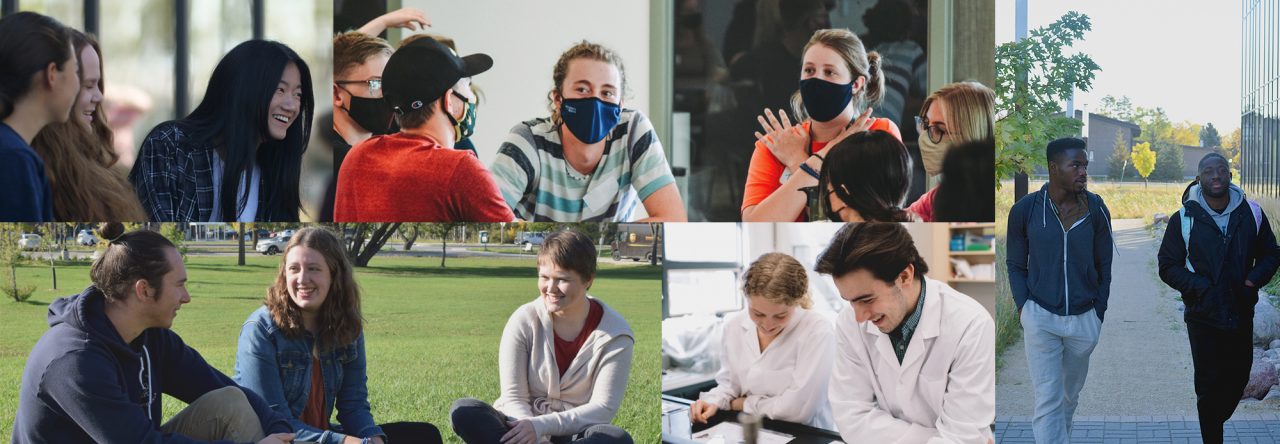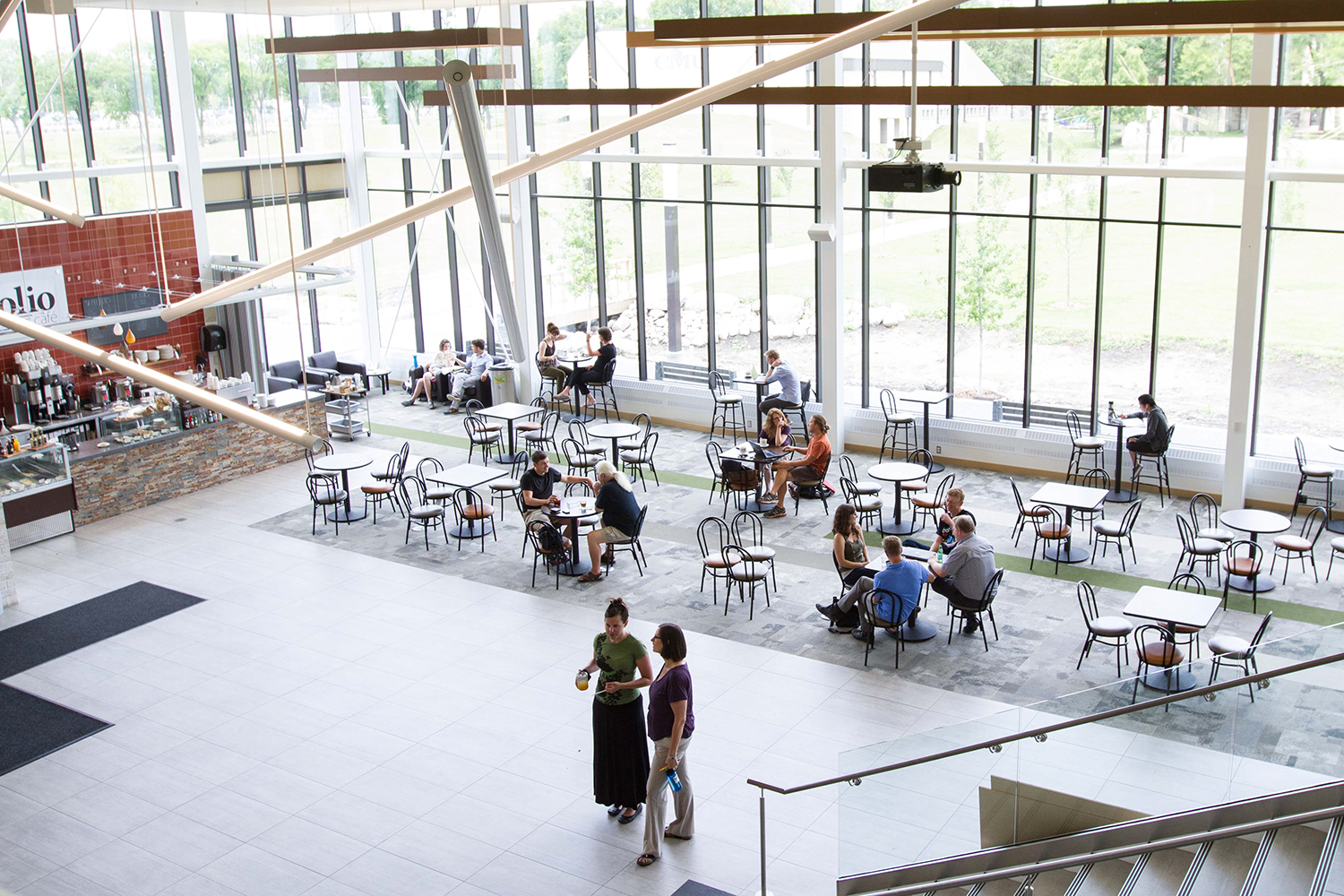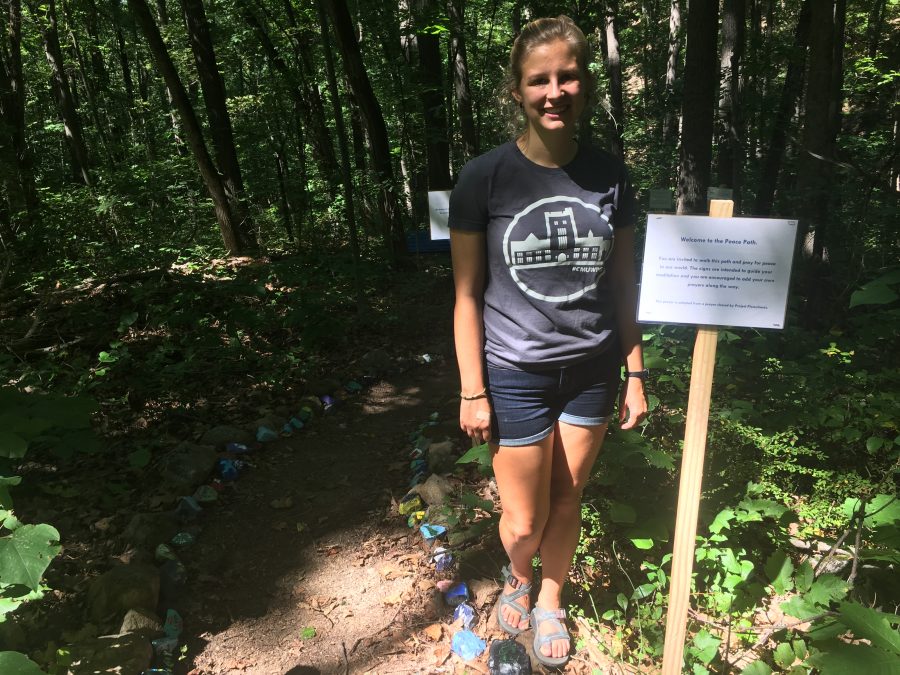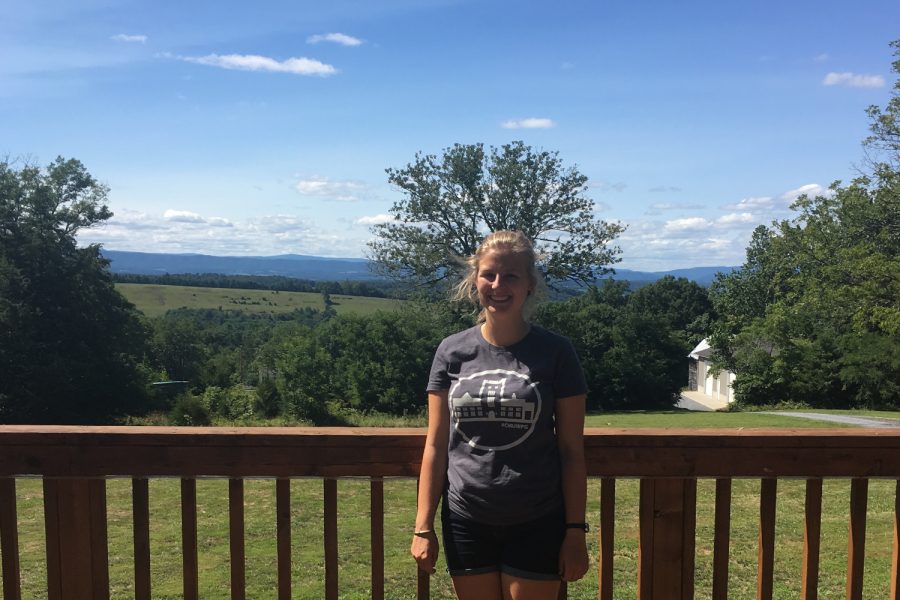With the weather warming up and the days getting longer, summer seems to be just around the corner… but not yet—there are still exams to come. It can be challenging to find the motivation to sit down and study at the end of the school year. Even though it might seem early to start thinking about exams, it’s better to start studying sooner than later. Here are six tips to make studying as painless and productive as possible.
1. Make a Study Plan
Starting early is helpful, but it is important to make a study plan. It will help you stay on track and make sure that you aren’t cramming in too much right before the exam. Creating a schedule with goals for what you want to accomplish everyday will help you feel more prepared and confident going into your exam.
2. Find a New Study Space
By the end of the year, it is easy to get bored of the places where you have been studying. Finding a new study space could help you focus! You could try the public library, a quiet café, or even moving your desk to a new corner of your room. CMU’s Marpeck Commons is a great place to try out in Winnipeg, with great spaces for group studying, a quiet library, and Folio Café.
3. Minimize Distractions
Studying is a lot more productive and efficient when you concentrate, so put your phone down and stay off social media during dedicated study times. There are apps you can download to help you stay focused— apps with timers, apps that buzz when you pick up your phone during study time, and others that block distracting sites. Focusing on what you need to get done and minimizing distractions will make your study time more effective.
4. Make Study Notes
Take time to make study notes, because making them is part of the process of studying. Use colour, pictures and diagrams, and highlight key words and ideas with certain colours or symbols. Create study notes that will help you learn and that fit the way you remember material. It’s also more fun when you take the time to make them look nice!
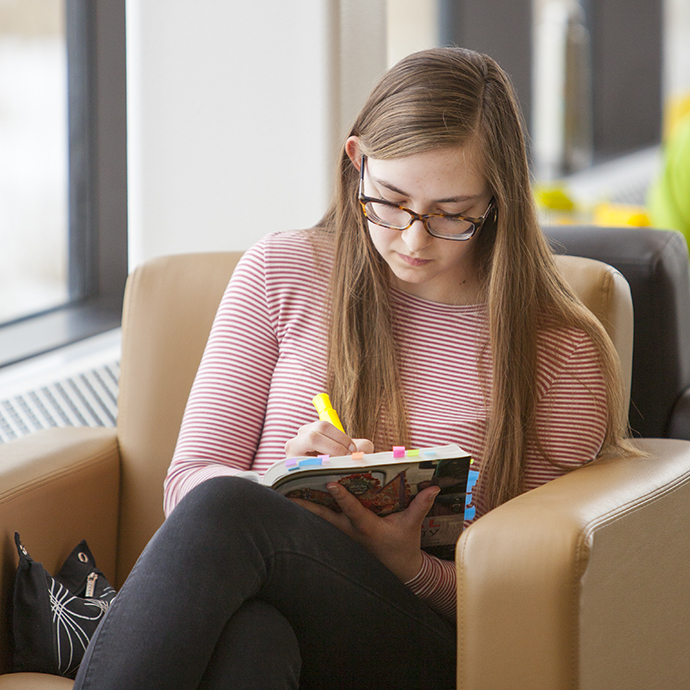
5. Take Outdoor Breaks
When the weather is nice, take a break and go for a walk, toss a Frisbee around, or take a nap in the grass. Having a change in scenery and getting some fresh air will give your brain some space to rest, and will help you concentrate when you sit down again to do more work.
6. Study with Others
Find other people in your class who you can study with—people who will help you stay focused and not become a distraction! When you study with others, you can ask questions about confusing information, but you can also teach, which helps you gain a better understanding of the concept and will prepare you for answering exam questions.
What are your favourite study tips? Share them in the comments below. And of course, we wish you the best of luck with your exams!
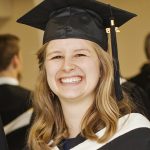
Laura Carr-Pries just graduated from CMU with a BA in Peace and Conflict Transformation Studies and Theology. (She’s also one of this year’s President’s Medal winners, so you know she knows a thing or two about studying.)

